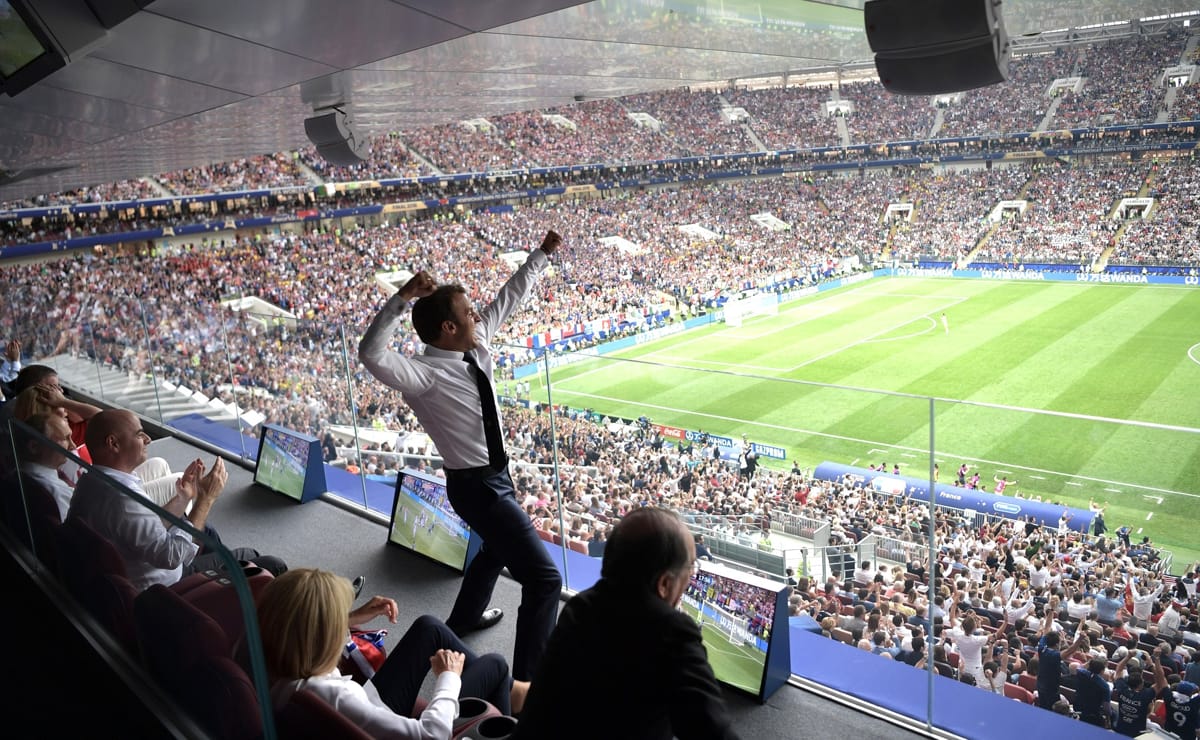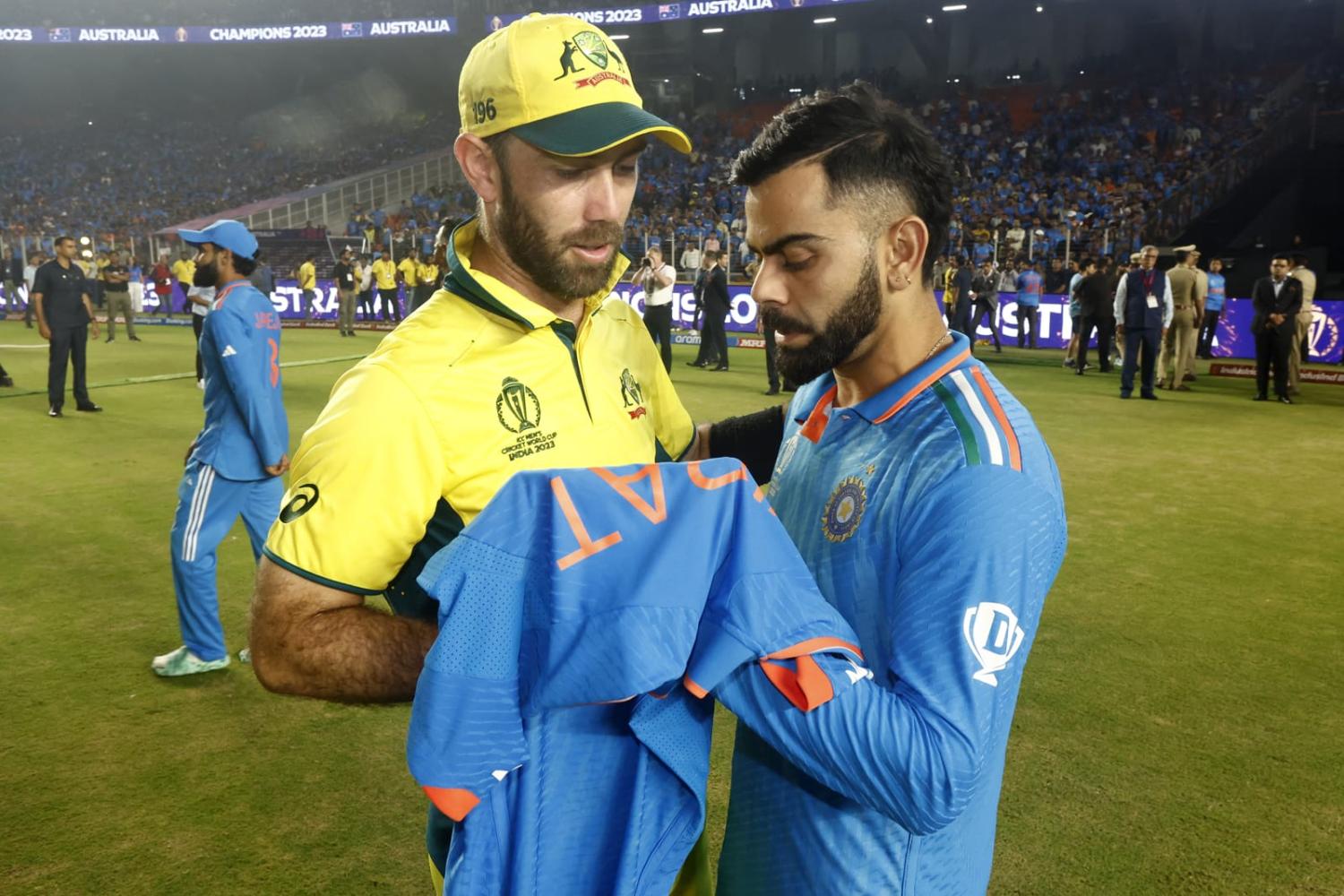For those with an interest in sports diplomacy and the Indo-Pacific, it is hard to go beyond a recent swathe of mega sports events. In July and August, Australia and New Zealand co-hosted “the best ever… joyful … and happy” Women’s Football World Cup, in the words of FIFA President Gianni Infantino. Only a few hours ago, the Australian men’s cricket team took out the ICC Cricket World Cup, beating India in a sensational final at the cavernous Narendra Modi Stadium in Ahmedabad. And also at the weekend in Solomon Islands, just a few thousand kilometres off the Queensland coast, the 2023 Pacific Games kicked off.
For Australia on the pitch, it’s hard to pick fault with players, coaches and administrators.
Off the pitch, however, the nation’s political leaders and diplomats could do better to understand the soft power asset of sport, how to use it, and demonstrate its value.
The Pacific Games provides a good case study for sports diplomacy: the strategic use of sport by state and non-state actors to bring people, nations and institutions closer together via a shared love of physical pursuits. Solomon Islands has the chance as tournament host to show off and be the stage for nations to compete in compelling battles for medals, hearts and minds. China, as part of its decades-long Stadium Diplomacy program, has splurged $119 million in the Solomons on the new National Stadium and other facilities. Not to be left out, Australia has thrown in $17 million and Saudi Arabia recently offered a “gift” of $7 million. All up, the United States, New Zealand, Papua New Guinea, South Korea, India and Indonesia have provided 80 per cent of the funding for a tournament estimated to cost a staggering $250 million.
Quite rightly, many question the value for money or return on investment, particularly at a time of a global cost-of-living crisis.
So why do it? As China (2008 Summer and 2022 Winter Olympics), Qatar (2023 Men’s Football World Cup) and others have demonstrated, countries co-opt sport to augment foreign policy goals and use the tournaments to improve their image, credibility and stature. Millions of people tune in from around the world and stereotypes can be quickly altered via opening ceremonies, team performances or the ability to host a good event. From networking and negotiations, to the signing of strategic treaties, a huge amount of business occurs as anyone who works in sport, diplomacy and international relations meanders from government receptions, to sponsor’s dinners, to sports events.
In short, international sport simply provides another arena for international diplomacy. It pays to attend, be seen and, frankly, be in the room.

The cost of not being in the room was illustrated by Western governments’ political boycott of the 2022 Winter Olympics, due among other reasons to China’s treatment of Muslim Uighurs in Xinjiang. While leaders from Australia, the United Kingdom, the United States, India and others boycotted, China held dozens of high-level summit meetings, including one with Russia’s Vladmir Putin in which the “no limits partnership” was announced.
Against such a backdrop, Australia’s 25-year project on Sport for Development and, more recently, Sports Diplomacy, gets a silver medal. The Albanese government has yet to clearly and strategically indicate what role sport will play in international relations. Some may point to shiny trophies such as the PNG Hunter NRL bid, Team Up (a Pacific sport-for-development program) and the FIFA Women’s World Cup – a mega sports event, which forms part of what the government has dubbed the so-called “Green and Gold Decade” leading up to Brisbane hosting the Olympics in 2032.
But diplomats would do well to remember that programs are not strategies, that the social, economic and sporting impact of mega sports events is dubious, and labels such as the “Green and Gold Decade” hardly promote a sense of regionalism.
A few weeks ago, the government effectively closed down the Sports Diplomacy Advisory Council (SDAC). That was self-defeating. For once, sport had a seat at the foreign policy and diplomatic table, with the move having comprised serious expertise including past sports heroes and seriously talented and networked people that work across the trillion dollar global sports industry. And a promised and funded new strategy has yet to get off the starting grid, leaving “no number to call” if a sports person or team wants to engage with the Department of Foreign Affairs and Trade. It’s hard to escape a sense that sports diplomacy is seen as a relic from the previous government.
The argument for why Australia needs more sports diplomacy is a strong one. The council advised on a raft of programs for how to use sport to realise foreign policy goals over the past decade, including two widely admired, and copied, Sports Diplomacy Strategies (both of which were world-firsts). These strategies provided direction where once there was none, joined the dots across a fragmented domestic and international sportscape, and produced many benefits from amplifying Australia’s brand as a globally responsible, innovative and forward-thinking country to creating a Team Australia approach for the thousands of people who work off the pitch and have a passion for sport and international relations.
Seen through a diplomatic lens, the argument is a no brainer: with sport such a prominent part of Australian culture, then national sports people, coaches, stadiums, wisdom, tech, businesses and so on should be front and centre in representing that culture. And, like diplomats, Australia’s international sporting representatives must be trained in basic diplomatic functions such as communication, representation and negotiation.
Strategies provide direction, goals to measure progress (or regress) and consign the cliched nonsense that sport and politics don’t mix to the relegation zone. Sport offers a way to engage foreign policy in a fashion that is relatable, innovative, fun, public and meaningful. Foreign publics are much more interested in Sam Kerr, Ben Simmons and Stephanie Gilmore than any well-intended Australian government trade expo.
Sport does have superpowers. It stops wars (Google: Didier Drogba, Cote-d’Ivorie and civil war). It speaks a language that transcends politics. Australia is a sporting nation, with athletes that have a well-deserved reputation not to give up. Why wouldn’t the government want to emulate them with a clever, strategic and permanent role for sport in Australia’s diplomacy, brand and foreign policy?

